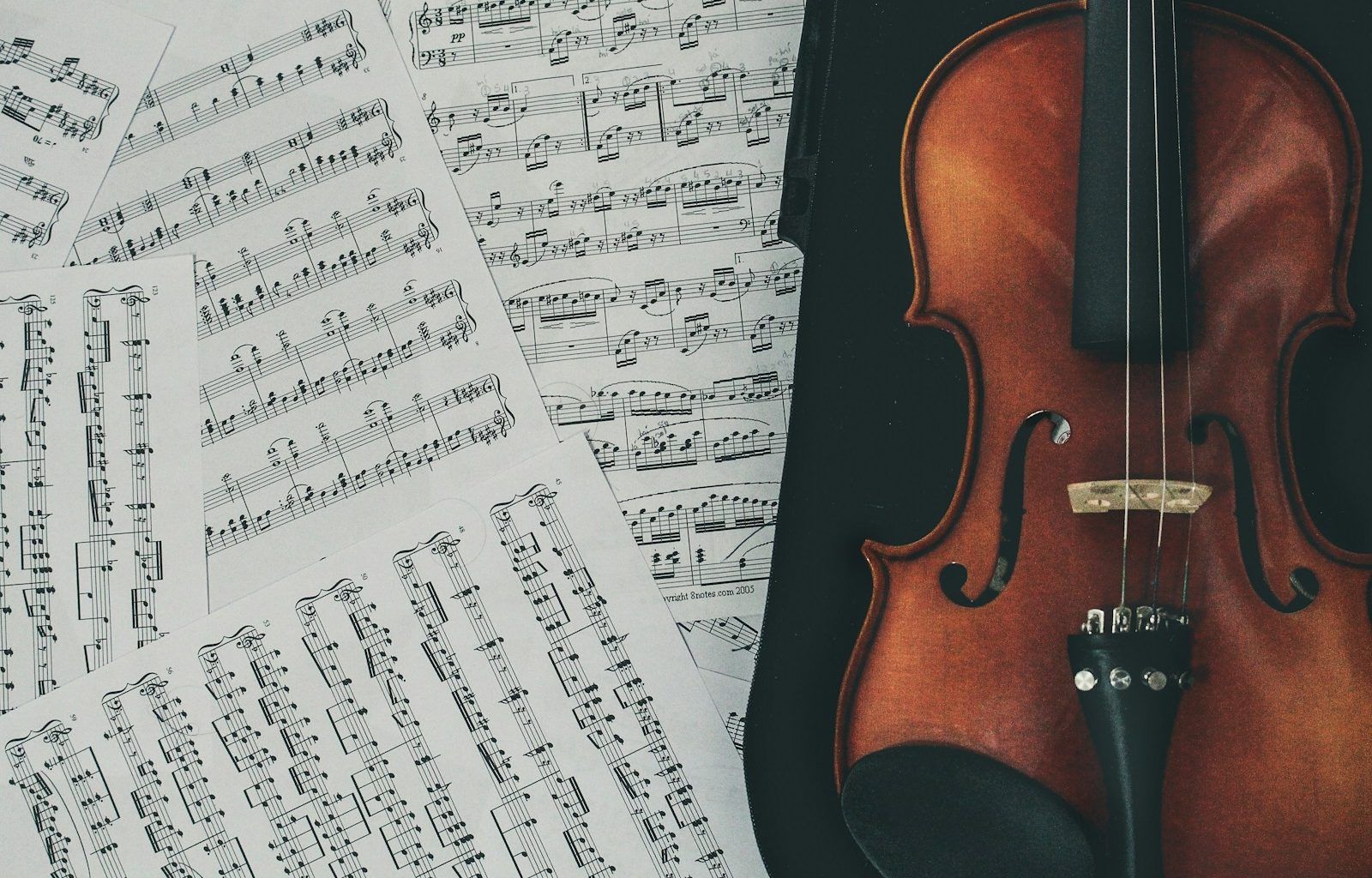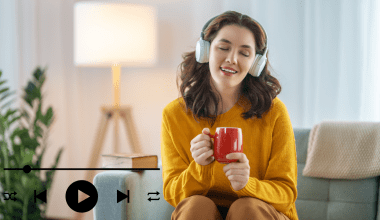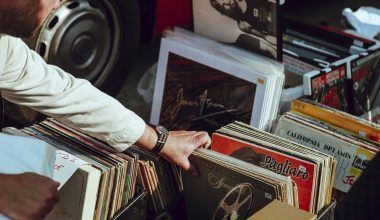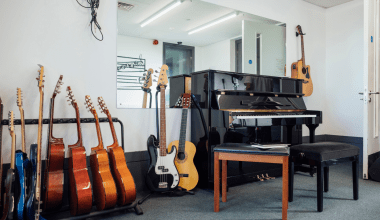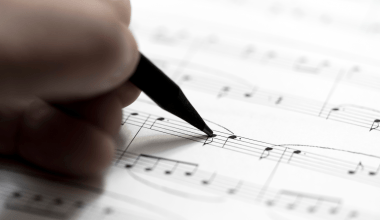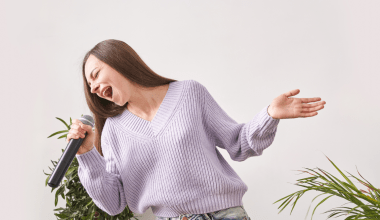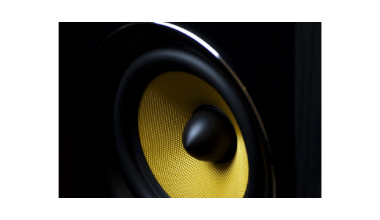Imagine creating a beautiful song that the world loves. But then, someone uses it in a movie, an ad, or a YouTube video without asking or paying you. That wouldn’t feel right, would it? That’s where music licensing comes in. It protects artists like you, making sure you get credit and money when others use your music.
In this blog, we’ll explain everything about music licensing in simple words. Whether you’re a musician, filmmaker, or just curious, you’ll understand why it’s so important.
What is Music Licensing in Simple Terms?
Music licensing is like giving someone permission to use your music, but with some rules. For example, if a filmmaker wants to use your song in their movie, they need to get your permission and usually pay you a fee. This permission is called a license.
Without a license, using someone’s music is illegal. It’s like borrowing something without asking. With licensing, everyone wins—the artist gets paid, and the user gets to use great music legally.
Why is Music Licensing Important?
Music licensing isn’t just about money. It’s about respecting artists and their hard work. Here’s why it matters:
- Protects Artists: It makes sure your music isn’t used without your knowledge.
- Earns Money: You can get paid every time someone uses your song.
- Encourages Creativity: Knowing their work is protected, artists feel confident to create more music.
- Helps Businesses: Businesses can legally use good music to make their ads, movies, or content better.
For example, think about your favorite commercial with a catchy tune. That song was licensed, and the artist got paid for it.
The Different Types of Music Licenses
There are several kinds of licenses, each for a specific use. Let’s break them down:
1. Sync License (Synchronization License)
- This is needed when music is used with video, like in movies, TV shows, or YouTube videos.
- Example: A wedding video using Ed Sheeran’s “Perfect.”
2. Mechanical License
- This covers reproducing a song on CDs, vinyl, or digital platforms like Spotify.
- Example: Covering a famous song and putting it on iTunes.
3. Public Performance License
- This is for playing music in public places like restaurants, gyms, or concerts.
- Example: A café playing music to create a relaxing vibe.
4. Master License
- This gives permission to use a specific recording of a song.
- Example: Using Adele’s original version of “Hello” in a documentary.
5. Print License
- This is for making sheet music of songs.
- Example: Publishing a piano version of your favorite song.
6. Blanket License
- This allows users to play any song from a collection.
- Example: A radio station paying to play all popular songs without getting separate permissions.
How Does Music Licensing Work?
The process might sound tricky, but it’s straightforward if you follow these steps:
- Find the Owner: Every song has a copyright owner. It could be the artist, a label, or a rights organization.
- Ask for Permission: Contact the owner and explain how you want to use the music.
- Negotiate Terms: Agree on things like duration, price, and where the music will be used.
- Get the License: Pay the fee and get the license in writing. Now you can legally use the music.
Who Needs Music Licensing?
If you’re using music for anything other than personal enjoyment, you probably need a license. Here’s a quick list:
- Content Creators: YouTubers and podcasters need licensed music to avoid copyright strikes.
- Filmmakers: Music sets the tone for movies and TV shows, so they need sync licenses.
- Businesses: Cafés, gyms, and retail stores need licenses to play background music.
- Event Organizers: Concerts and parties often require public performance licenses.
Why Should Artists Care About Licensing?
For artists, licensing is a fantastic way to earn money and control how their music is used. Here are some benefits:
- Earn Passive Income: Get paid every time someone uses your music.
- Expand Your Audience: When your song is in a movie or ad, more people hear it.
- Control Your Art: Decide who can use your music and for what purpose.
For instance, if you’re a songwriter and someone wants your song for
their TV show, you can say yes or no depending on how they plan to use it. This keeps your work aligned with your values and image.
How to Get Your Music Licensed?
If you’re an artist, here’s how you can make your music available for licensing:
- Register Your Work: Start by copyrighting your songs. This protects your work legally.
- Join a Rights Organization: Groups like ASCAP, BMI, or PRS help manage licenses and royalties.
- Use Licensing Platforms: Websites like Deliver My Tune, Songtradr, or AudioJungle connect artists with businesses looking for music.
- Create a Music Portfolio: Showcase your work online with a professional profile that includes your songs, bio, and contact details.
By doing this, you make it easy for others to discover your music and use it legally.
Challenges in Music Licensing
Music licensing can be confusing for beginners. Here are some common challenges:
- Understanding Rights: Many people don’t know which license they need.
- High Costs: Licensing popular songs can be expensive for small businesses or indie creators.
- Negotiation Difficulties: Artists and users may struggle to agree on terms.
- Legal Risks: Using unlicensed music can lead to lawsuits, which are stressful and costly.
Tips for Beginners
If you’re new to music licensing, these tips can help:
- Start with Royalty-Free Music: If you’re a content creator, look for royalty-free tracks. They’re cheaper and simpler to use.
- Work with Professionals: Artists can hire licensing experts or use platforms to simplify the process.
- Always Get a Written Agreement: This protects both parties in case of disputes.
- Stay Updated: Laws and trends in music licensing evolve, so keep learning.
Examples of Music Licensing in Action
Example 1: A YouTuber’s Background Music
Imagine you’re a YouTuber making a cooking video. You want a cheerful song to play in the background. You can buy a sync license for a track from a licensing platform and legally use it in your video.
Example 2: A Movie Soundtrack
A filmmaker wants a haunting melody for a thriller. They contact a composer, negotiate terms, and get a sync license to use the music.
Example 3: A Café Playlist
A café owner pays for a blanket license to play various songs in their space. This keeps the vibe upbeat without worrying about legal troubles.
How Licensing Platforms Help
Platforms like Deliver My Tune make music licensing simple. Here’s what they offer:
- Wide Reach: They distribute music to global platforms like Spotify and Apple Music.
- Royalty Management: They calculate and pay royalties, so you don’t have to worry.
- Support: They guide artists and businesses through the licensing process.
Using such platforms saves time and ensures everything is done legally.
How Businesses Use Licensed Music
Businesses use licensed music in creative ways:
- Advertisements: Catchy songs make ads memorable.
- Background Music: Stores and restaurants use it to create a mood.
- Event Soundtracks: Music enhances live events like fashion shows or weddings.
The Future of Music Licensing
With the rise of digital platforms, music licensing is becoming more accessible. AI tools and blockchain technology are making it easier to track usage and pay artists quickly. For example, some platforms now use smart contracts to automate payments.
Final Thoughts: Why Everyone Should Care About Music Licensing
Music licensing is not just for artists or businesses. It’s about respecting creativity and ensuring everyone gets what they deserve. Whether you’re creating content, running a business, or making music, understanding what is music licensing helps you avoid mistakes and build better relationships.
So the next time you hear a song in a movie or an ad, remember that it’s there because of licensing. It’s a small but powerful way to honor the artist behind the music.
Related Articles:
For further reading, explore these related articles:
- Worldwide Top 10 Trending Songs: Must-Haves for Your Playlist
- What is ISRC Code in Music: Everything You Need to Know
For additional resources on music marketing and distribution, visit DMT RECORDS PRIVATE LIMITED.
Tags:
- music
